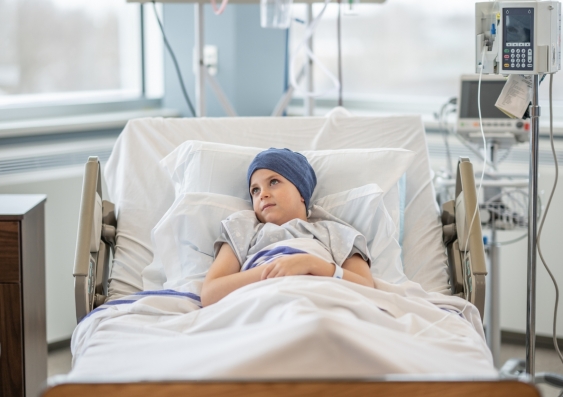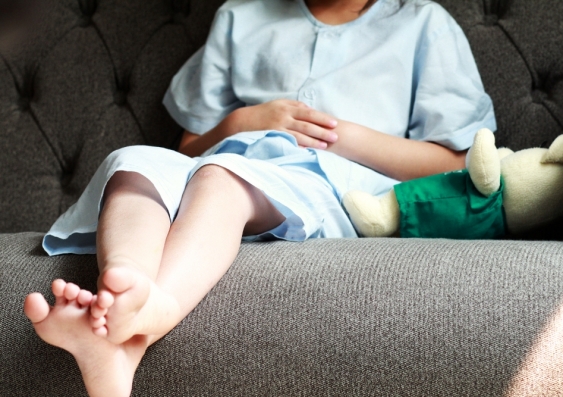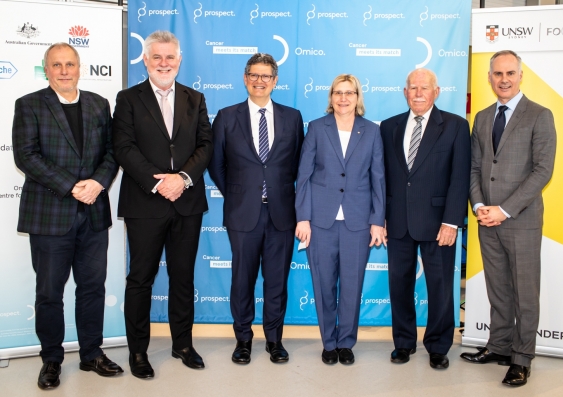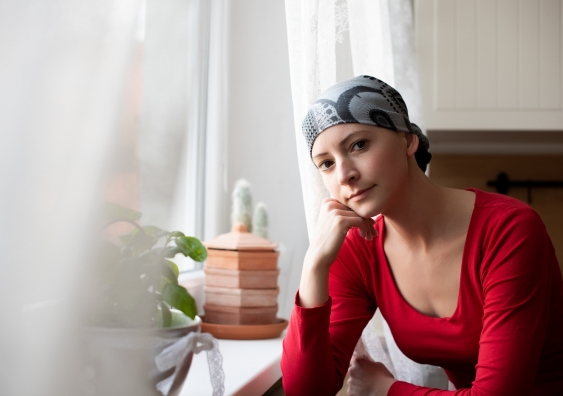A study into precision medicine for high-risk childhood cancer has revealed encouraging results.
Australian researchers and clinicians have shown that precision medicine – personalised treatment tailored to an individual child’s cancer – leads to significantly improved outcomes in children with high-risk cancer.
In a world-first study published this week in Nature Medicine, the researchers showed that precision medicine was superior to standard therapy, and to therapy that wasn’t guided by molecular findings – both in terms of clinical response and survival.
The researchers followed the children in the study cohort for an average of three years after receiving their personalised treatment, and gave treatment recommendations to their oncologists after detailed genetic analysis of the driver genes in the tumour. This strategy matched the drug better to each child’s cancer driver genes, often suggesting drugs that are not normally used to treat that cancer type.
The results show, for the first time, that this led to an improvement in progression-free survival: 55 per cent of children who received their personalised treatment achieved complete or partial remission, or had their disease stabilised for at least six months. Given that that these children had highly aggressive cancers which, in many cases, had already failed to respond to standard therapy, the researchers say these are remarkable results.
“These are very exciting results which we believe have important implications for the treatment of children with cancer,” said UNSW Conjoint Professor David Ziegler, Chair of Clinical Trials for the Zero Childhood Cancer Program and senior author on the paper.
“We’ve already shown that precision medicine can help identify new treatment options for many high-risk patients. Now we’ve shown that it not only can shrink their tumours, but also lead to a significant improvement in long term survival for those patients.”
Over a minimum follow-up period of 18 months, the study included 384 children with high-risk cancers (with a very low chance of cure) enrolled on the Zero Childhood Cancer Program (ZERO), Australia’s national precision medicine program for children with cancer. ZERO is jointly led by Children’s Cancer Institute and Kids Cancer Centre at Sydney Children’s Hospital, Randwick and involves nine child cancer treatment centres in the country. This study involved more than 100 scientists and clinicians working together across these treatment centres.
Hope where previously none existed
To determine the impact on survival, the researchers measured ‘progression-free survival’ – the length of time that a patient lives without their cancer getting any worse. The results showed that children who received a ZERO-recommended treatment did significantly better than those who did not. In fact, their two-year progression-free survival was more than double that of children who received standard therapy (26 per cent vs 12 per cent), and five times higher than that of children who received an unguided treatment (i.e. therapy not based on molecular findings).
Importantly, the study found that children who received their recommended therapy early on in their treatment pathway did significantly better than those who received it after their disease had progressed, suggesting that the sooner a personalised treatment strategy can be implemented, the better the chance of preventing relapse and death.
UNSW Conjoint Associate Professor Loretta Lau, a paediatric molecular oncologist at Kids Cancer Centre, researcher at Children’s Cancer Institute and first author on the paper, said the world-first study showed that precision medicine has the potential to change the model of care for children with cancer.
“Our study provides important new evidence that response to precision-guided therapy translates into improved survival,” said A/Prof Lau.
UNSW Conjoint Professor Glenn Marshall AM, Clinical Lead of ZERO and co-senior author on the paper, said: “This work provides some hope to families where none previously existed, in a new model of treatment for high-risk childhood cancer which is changing national and international clinical practice.”
Prof. Ziegler, who is both a paediatric oncologist at the Kids Cancer Centre and a research leader at Children’s Cancer Institute, said: “We’ve shown that matching a therapy to a patient through molecular analysis of their cancer, and implementing that targeted therapy early on, are key to achieving the best possible results.”
Supported by the Australian government and Minderoo Foundation and sponsored by the Australian and New Zealand Children’s Haematology and Oncology Group (ANZCHOG), ZERO’s first national precision medicine trial began in 2017, focusing on identifying new treatment options for children with high-risk cancers.
The success of this clinical trial led to joint funding of $67 million from the Australian government ($55.8 million through the Department of Health’s Medical Research Future Fund) and Minderoo Foundation ($12.2 million) being awarded in 2020 to expand the program to be available to all 1200 Australians aged 0-18 years who are diagnosed with cancer – which was achieved in 2023. It is the first time that precision medicine has been made available to every child diagnosed with cancer, not just in Australia, but in any country in the world.
Find out more about ZERO on the program’s website.
Related stories
-

Zero Childhood Cancer precision medicine program expands to include all young Australians with cancer
-

Childhood cancer precision medicine program shows 'optimistic early results'
-

Pioneering national genomics initiative to fight cancer launched at UNSW
-

Clinical screening can identify fear of cancer recurrence




